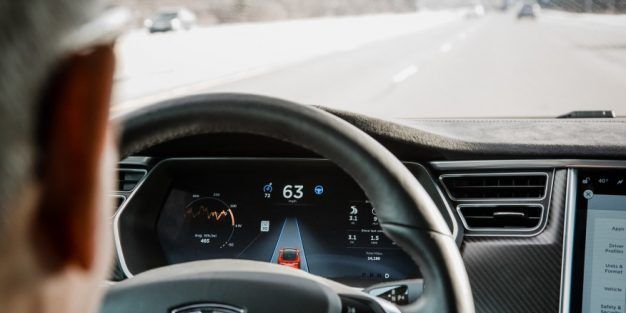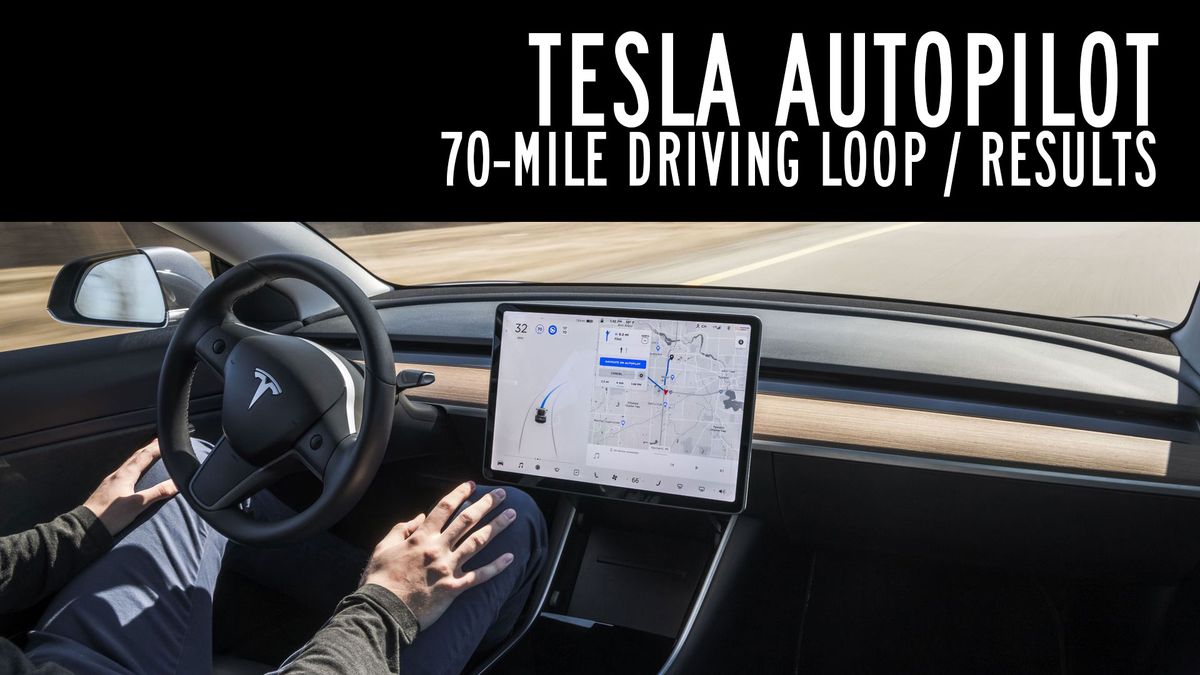- NHTSA data on crashes involving driver-assistance technology show that more people have been getting injured and killed since Tesla expanded the use of its Full Self-Driving technology.
- The Washington Post analyzed NHTSA’s numbers and found that Autopilot was involved in 736 crashes since 2019, including 17 fatalities.
- NHTSA is currently investigating how the Autopilot technology interacts with stopped emergency vehicles, something that has been a known problem for years.
Tesla’s Autopilot software has been involved with more deaths and injuries than previously known: a total of 17 fatalities and 736 crashes since 2019, according to data from the National Highway Traffic Safety Administration (NHTSA) analyzed by the Washington Post.
Officially, Telsa describes Autopilot as “an SAE Level 2 driving automation system designed to support and assist the driver in performing the driving task,” as cited by NHTSA. Autopilot is not an autonomous driving technology, but the new numbers suggest people are treating it that way, sometimes resulting in tragedy.
Transportation Secretary Pete Buttigieg recently stated in an interview with the Associated Press that he believes the name is misleading. “I don’t think that something should be called, for example, an Autopilot, when the fine print says you need to have your hands on the wheel and eyes on the road at all times,” he said.
The last time NHTSA released information on fatalities connected to Autopilot, in June 2022, it only tied three deaths to the technology. Less than a year later, the most recent numbers suggest 17 fatalities, with 11 of them happening since May 2022. The Post notes that the increase in the number of crashes happened alongside a rapid expansion of Tesla’s “Full Self-Driving” software from around 12,000 vehicles to almost 400,000 in about a year. That increase was reported in Tesla’s 2022 fourth-quarter Quarterly Update, where it called the rollout “an important milestone for our company” and noted, “Every customer in the U.S. and Canada can now access FSD Beta functionality upon purchase/subscription and start experiencing the evolution of AI-powered autonomy.”
830,000 Teslas under Investigation
NHTSA has been collecting detailed data on crashes involving driver-assistance technology since 2021. Almost all of the 807 automation-related crashes in this data set involved a Tesla vehicle. Subaru came in second with 23. The Post discovered that four of the 17 Tesla-linked fatalities involved a motorcycle, and one involved an emergency vehicle.
In April 2021, NHTSA asked Tesla for information not just about Autopilot but also specific information “regarding recent crashes involving emergency services vehicles and incidents involving inattentive drivers.”
Questions over Autopilot’s ability to see and react to stopped emergency vehicles continued to be a question of concern, and on August 18, 2022, NHTSA’s Office of Defects Investigation (ODI) told Tesla it had upgraded its investigation from a Preliminary Evaluation to an Engineering Analysis. The investigation into the 2014–2022 Tesla Model Y, Model X, Model S, and Model 3 remains open and involves an estimated 830,000 vehicles.
“NHTSA has an active investigation into Tesla Autopilot, including Full Self-Driving,” spokesperson Veronica Morales told the Post, declining to comment further on the ongoing investigation. “NHTSA reminds the public that all advanced driver-assistance systems require the human driver to be in control and fully engaged in the driving task at all times. Accordingly, all state laws hold the human driver responsible for the operation of their vehicles.”
The Post also interviewed experts who said the recent increase in Autopilot-related crashes could be the result of changes Tesla CEO Elon Musk made, including eliminating radar sensors from new Model 3 and Model Y vehicles in 2021 and from the Model S and the Model X in 2022. Tesla and Elon Musk did not respond to the Post’s request for comment.
Contributing Editor
Sebastian Blanco has been writing about electric vehicles, hybrids, and hydrogen cars since 2006. His articles and car reviews have appeared in the New York Times, Automotive News, Reuters, SAE, Autoblog, InsideEVs, Trucks.com, Car Talk, and other outlets. His first green-car media event was the launch of the Tesla Roadster, and since then he has been tracking the shift away from gasoline-powered vehicles and discovering the new technology’s importance not just for the auto industry, but for the world as a whole. Throw in the recent shift to autonomous vehicles, and there are more interesting changes happening now than most people can wrap their heads around. You can find him on Twitter or, on good days, behind the wheel of a new EV.
Read the full article here



